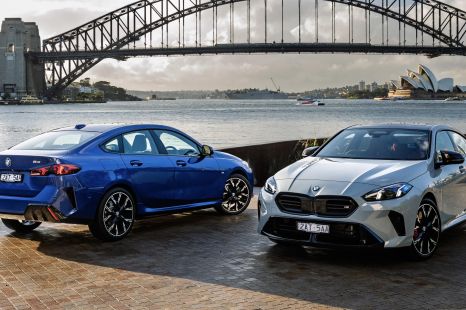

Max Davies
2025 BMW 2 Series Gran Coupe review
4 Months Ago

Deputy Marketplace Editor
Ever wished your first-generation Mazda MX-5 had a bit more oomph? You’re not alone.
While the NA MX-5 was praised in 1989 for its nimble handling, its 1.6-litre (and later 1.8-litre) engine left a lot to be desired, leading to the development of turbo and supercharger kits, and even to complete engine swaps – with V8s shoehorned under the bonnet
But a British firm has brought another reinvention of the MX-5 recipe to the table, and it’s likely the most controversial yet.
The Electrogenic MX-5 conversion kit is a plug-and-play electric powertrain swap for the world’s best-selling sports car.
100s of new car deals are available through CarExpert right now. Get the experts on your side and score a great deal. Browse now.
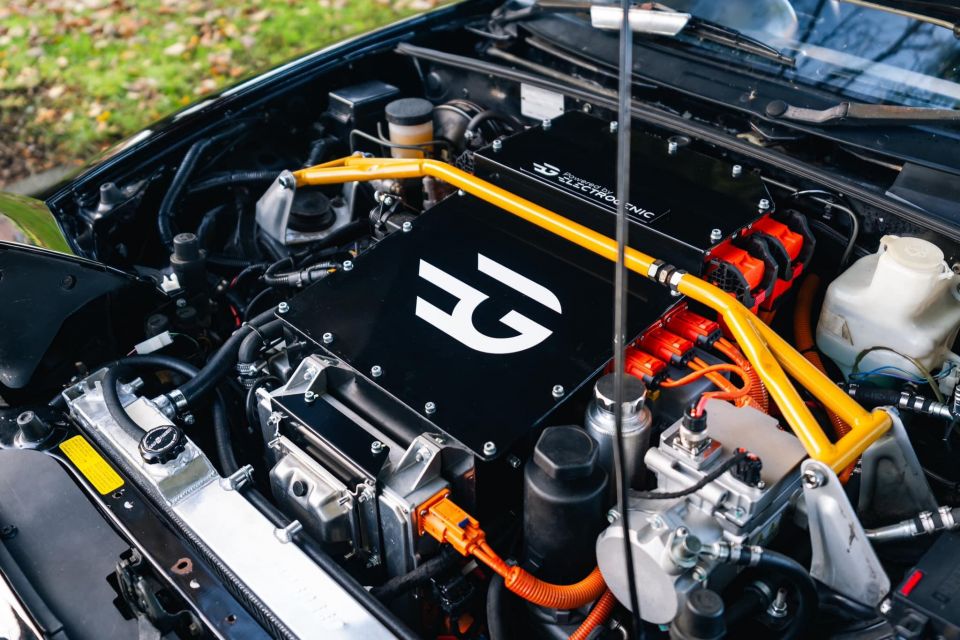
Known for its work with EV powertrain technology for OEMs, the military and public customers, Electrogenic’s kit consists of a 42kWh battery pack and a rear-mounted electric motor, producing 120kW of power and 310Nm of torque.
It doesn’t sound like much by modern standards, but the original MX-5 weighed less than a tonne, and offered just 85kW and 130Nm in 1.6-litre guise.
Even with the extra weight of a drive battery and motor, the Electrogenic MX-5 comes in at around 1100kg, retaining a superior power-to-weight ratio of 109kW/tonne – compared with the petrol-powered original’s 86kW/tonne figure.
The electrified MX-5 can sprint from 0-100km/h in a claimed 6.0 seconds, and drive for up to 241km on a single charge, provided it’s driven gently.

Electrogenic claims the conversion requires no cutting, welding or drilling – it’s a drop-in kit which takes a few days to install, with battery cells taking the place of the original engine and fuel tank.
The electric motor sits on the rear axle, retaining the rear-wheel drive dynamics of Japan’s most popular roadster.
There’s more to the conversion than extra poke, too. Regenerative braking is on hand to offer extra stopping power, and Electrogenic programs its kits with ‘Eco’ and ‘Sport’ drive modes, in addition to the default setting.
To keep its new credentials low-key, Electrogenic’s conversion doesn’t include any cosmetic tweaks aside from the deletion of exhaust components and the addition of interior switches.
That might be for the best, as automotive purists are unlikely to agree on the virtues of an electric MX-5.
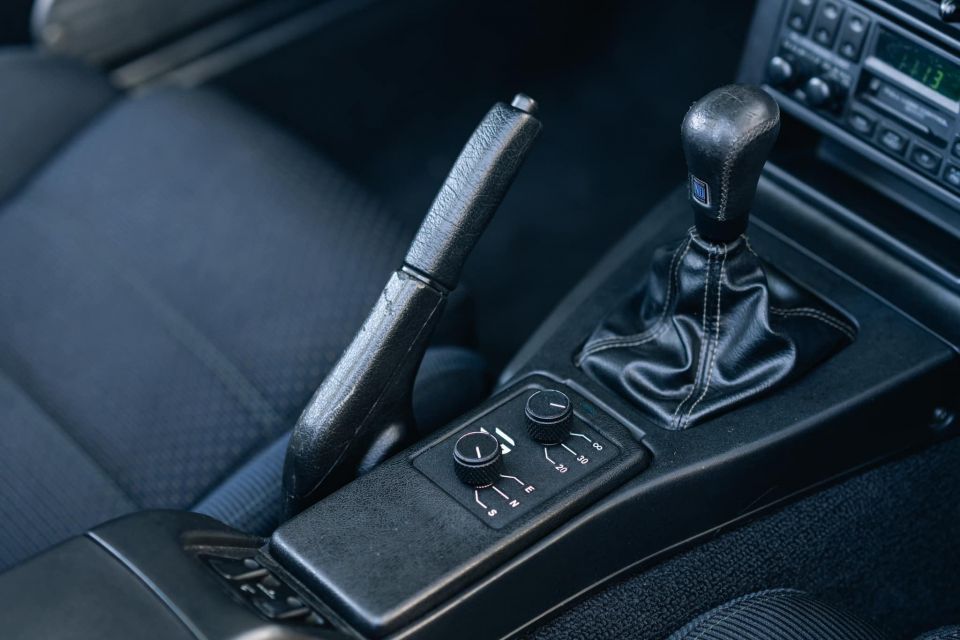
The kit has been developed to work with both manual and automatic versions of the NA MX-5.
Pricing is the one big question mark that remains over the Electrogenic kit. The UK-based company also produces kits for the Jaguar E-Type, Land Rover Defender and Porsche 911, but the closest comparison would be its classic Mini conversion kit which starts at £15,000 (AU$29,630).
First-generation MX-5 values range from $15,000 to $40,000 on the Australian used market, so a converted example is likely to cost more than a brand new ND MX-5, which starts from $41,520 before on-road costs.
Electrogenic will confirm pricing closer to the launch of its MX-5 electric conversion, slated for April 2025.
MORE: Everything Mazda MX-5
Where expert car reviews meet expert car buying – CarExpert gives you trusted advice, personalised service and real savings on your next new car.
Josh Nevett is an automotive journalist based in Melbourne, Australia. Josh studied journalism at The University of Melbourne and has a passion for performance cars, especially those of the 2000s. Away from the office you will either find him on the cricket field or at the MCG cheering on his beloved Melbourne Demons.


Max Davies
4 Months Ago
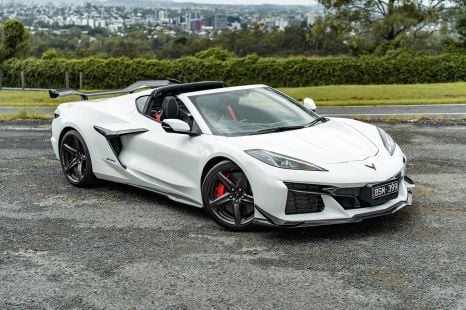

William Stopford
2 Months Ago


Alborz Fallah
1 Month Ago
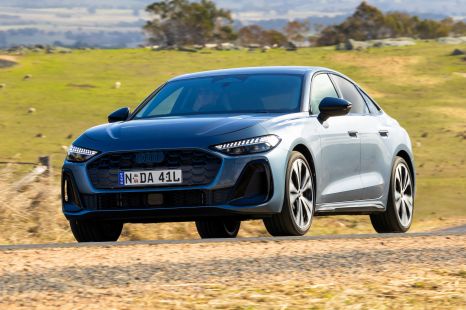

James Wong
25 Days Ago


Paul Maric
15 Days Ago
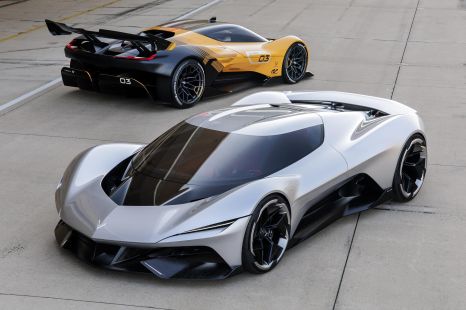

William Stopford
11 Days Ago